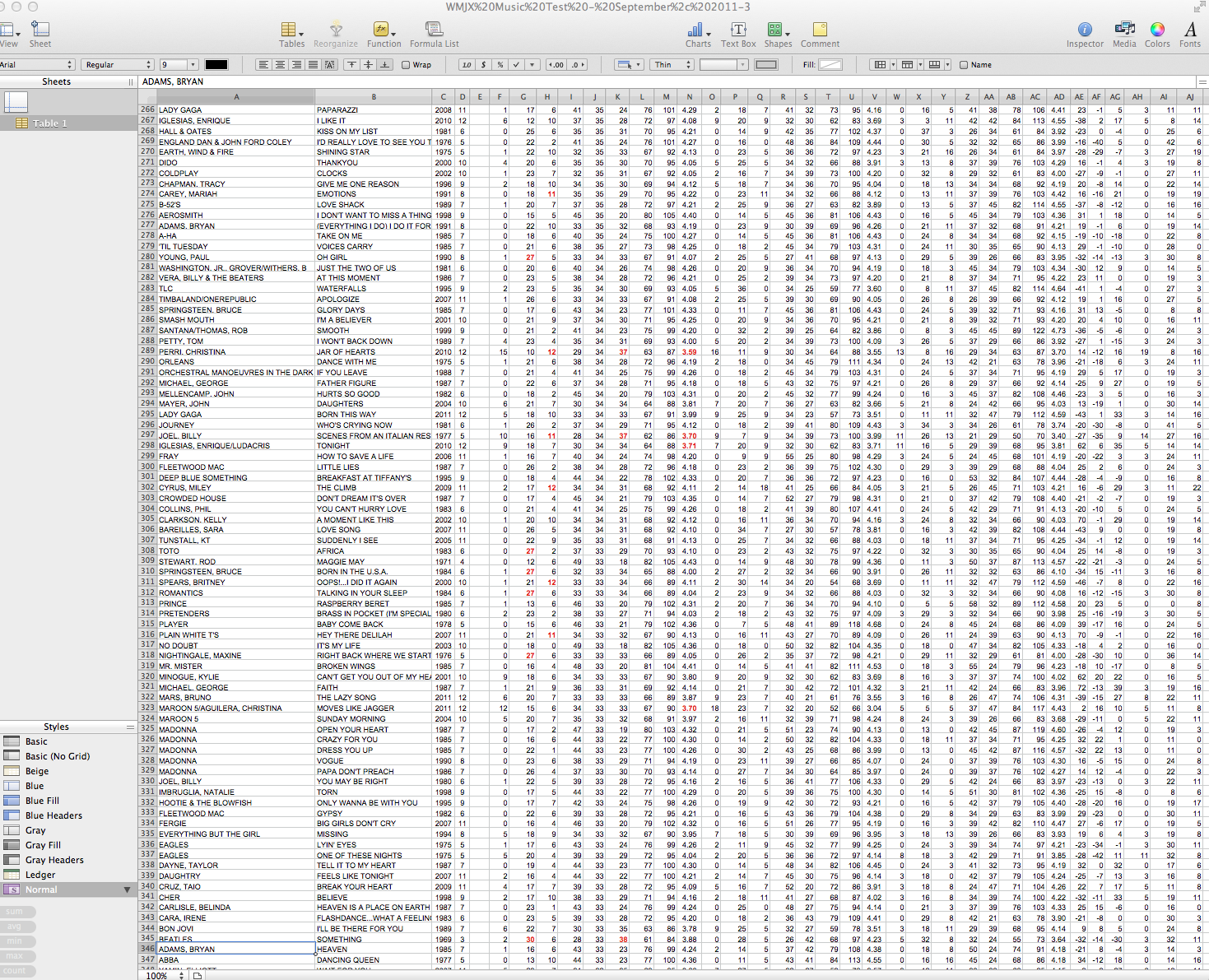Great time at the Baseball Writers Association of America awards dinner in Boston.
It was my first time, but my father, Hubert Kelley, had been to it way back, because his cousin, Joe Kelley, was a sports writer for several Boston papers. Dad got several autographs on the program, including Joe Cronin (the retired #4 at Fenway Park) who wrote, “God bless you, Hubert.” Autographs these days are reserved for 18-and-under only, and that’s fine.
I did have a great time talking with Dan Shaughnessy about the new Terry Francona book. Dan told me that he’d been working on since 2008 and Tito read it seven times before approving it. One of the funnier stories is about Manny Ramirez. During Game 4 of the 2004 World Series Cardinals catcher Yadier Molina accused Manny of stealing the Cardinals signs. Francona came out of the dugout to straighten things out with the home plate umpire and said. “There is no way Manny is stealing the Cardinals signs. In fact, he probably doesn’t even know our signs.” Tito then turned to Manny and asked if he knew the Red Sox signs. Manny replied, “No.”
I had a nice chat with Joe Morgan about “Morgan Magic” in 1988, when he took over as manager in July and the team was 10-1/2 game out. Morgan reeled off 12 straight wins and the Red Sox wound up winning the AL East.
I also had a lengthy conversation with Red Sox PR guru Dr. Charles Steinberg and with Larry Lucchino. Both of them were very interested in my World Ballpark tour. I told Larry that I’ve been to games at 39 Major League ballparks. His response surprised me. (If, say, a neighbor said this I would understand.) He asked me how it was possible to see games at 39 Major League ballparks when there are only 30 teams? I pointed out that some of the ballparks are no longer around, like Memorial Stadium in Baltimore that he helped replace with Camden Yards. When he asked me if I’d been to Fenway I responded that I’m a Season Ticket Holder and he gave me a big hug and said, “Thanks – we love you guys.”




